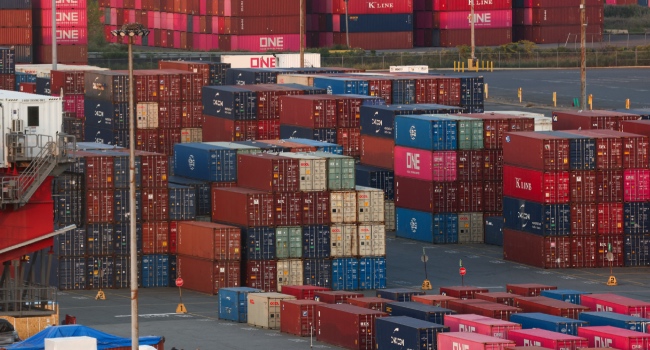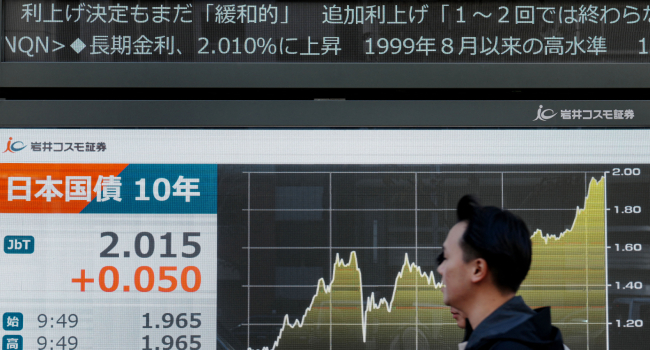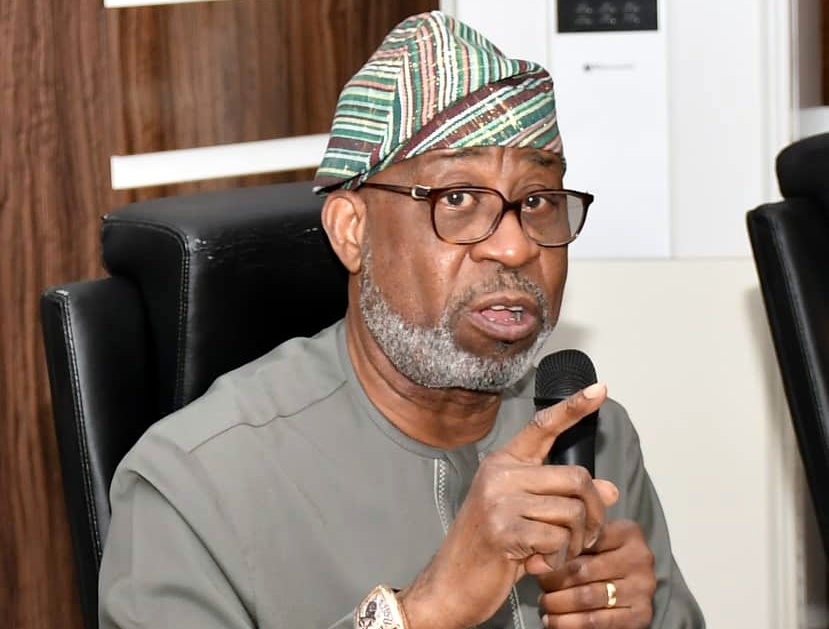The Executive Protection Service (EPS) has made it clear to former President George Weah that he has been provided with well-trained agents for his security. However, if he feels the need for additional security, he has been advised to hire private security guards, as former President Ellen Johnson Sirleaf and Vice President Joseph Nyuma Boakai did in the past.
Former President Weah’s request for more EPS officers has sparked controversy, with the Coalition for Democratic Change (CDC) Secretary General, Jefferson Koijee, making statements that have been perceived as threats to the safety of current President Joseph Nyuma Boakai. Koijee’s involvement in stoking violence led to him being sanctioned by the Office of Foreign Assets Control (OFAC) of the United States Treasury.
Despite the tensions surrounding Weah’s request for more security guards, the EPS clarified that the provision of security protection to former presidents and vice presidents is automatic and based on the threat level. The size of the security detail is determined by the EPS, not by the former leaders themselves.
In response to reports of dismissed and resigned agents, the EPS Communication Director, Philip G. Moore, stated that most of them have not reported to work since January 2024 and have left the country or resigned while abroad.
Overall, the situation surrounding former President Weah’s security highlights the complexities of security arrangements for former leaders and the delicate balance between security needs and public perception.



